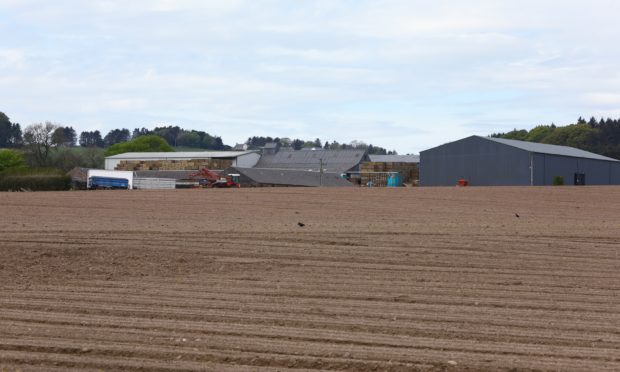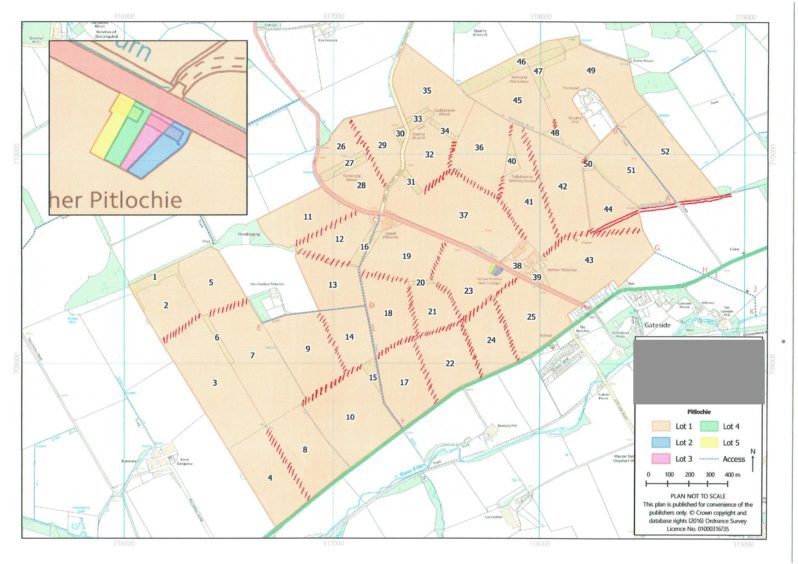A Fife farmer has been accused of “environmental destruction” after he removed around six miles of drystone dykes from his fields.
James Orr has stripped out the walls from Pitlochie Farm at Gateside to create a “prairie”, prompting fears for wildlife and concerns about flooding.
The Scottish Government has launched an investigation, saying it does not tolerate breaches of its rules which state walls must not be removed without the consent of ministers.
Mr Orr declined to comment on the matter while the probe is ongoing but he could lose his entire taxpayer-funded support scheme payment if the breach is found to be intentional.
North East Fife MSP Willie Rennie said local farmers were outraged and called on Mr Orr to rebuild the dykes.
He said the farmer should face a hefty fine to reflect the level of damage.
“Ripping out walls damages local diversity and will change the local landscape forever unless action is taken to stop this vandalism,” the Liberal Democrate MSP said.
“The walls are a haven for a variety of wildlife and they play an important role in the prevention of flooding.
“It’s created a massive prairie which is not fitting for the north east Fife landscape in the Eden River Valley.”
Mr Rennie has raised the issue with the rural affairs secretary.
“I want the wall to be reinstated and for a fine to be imposed too,” he said.
“Local farmers are outraged by this flagrant abuse of the rules.”
It is believed the walls on the 680-acre farm date back to the early-1800s and are havens for wildlife, while protecting the community from flooding.
Andrew Craig, who lives on a neighbouring farm, claimed their removal had left a “sterile prairie” devoid of wildlife.
“This industrial scale environmental destruction wrought on the natural heritage and local biodiversity is appalling,” he said.
“The rural fabric of this attractive part of the countryside has been decimated.
“Surely farmers have a responsibility to maintain and improve the biodiversity and rural environment, rather than ripping it apart.”
A spokesperson for the Scottish Government said its Rural Payments and Inspections Division was aware of the issue and that the circumstances were being fully investigated and considered.
“We do not tolerate breaches that cause permanent harm to our landscape and the environment and which also damage the reputation of the Scottish agricultural industry, such as the removal of drystone dykes,” they said.
“Common Agricultural Policy cross-compliance regulations are in place to help provide protection under a range of provisions, including environmental protection, public and animal health, animal welfare and protection of water.
“We place high importance on these provisions and expect farmers and land managers to comply.”











